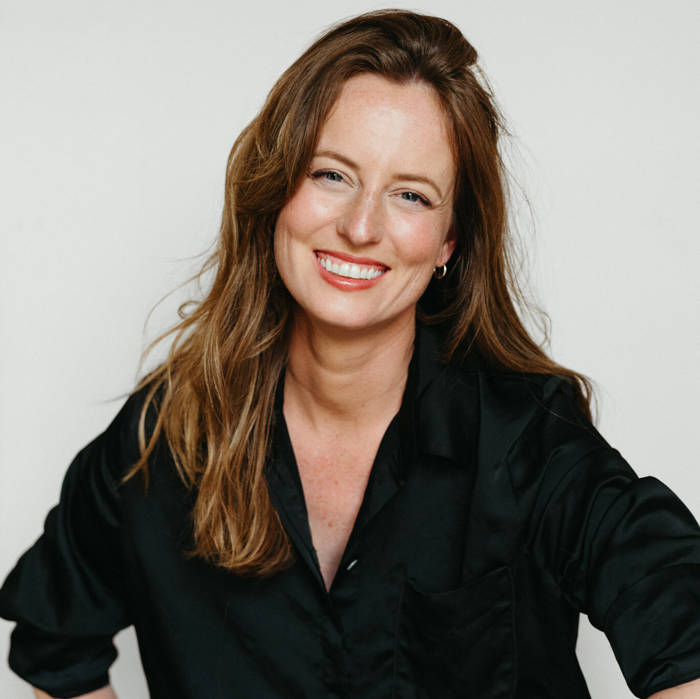Beyond the Mechanics: Vocal Injury Prevention & Performance Optimization
Tuesday 22nd August 2023, 5:00 PM - 7:00 PM (London Time)
When addressing vocal injury prevention and management, it is essential to place the voice in the context of the whole body. Issues such as body alignment, breath mechanics, cardiovascular fitness, and even emotional health all play a role in the expression of vocal symptoms. The question of what constitutes a vocal injury may be classified by some as inability to vocalize or pain on vocalizing, but issues such as vocal fatigue, pitch control, vocal range, and perceived vocal ‘breaks’ can all be addressed through an exploration of the underlying anatomy and how the voice ‘sits’ within the fully embodied performer.
The voice is an organic instrument and is therefore deeply rooted in, and expressive of, our identity and how we interact with the world around us. All too often we look solely at the mechanical aspects of voice production when experiencing vocal challenges which can leave out important components that may lead to the recurrence of the issue.
In this session, we will explore the pathways and components that can lead to vocal injury, how to prevent injury where possible, and what to do should an injury occur. The session will include:
- An overview of the anatomy of voice production, beginning at the feet.
- An exploration of the interconnected pathways through the body that influence voice production and breath mechanics.
- Common vocal challenges, how they occur, and how to manage them.
- The physiological connection between emotional states and voice production.
- The role of overall physical health and fitness in voice production.
- Good practices for general performance fitness, injury prevention, and emotional health.
The session will take you on a journey that encourages viewing the voice through a much broader lens, giving you a dynamic toolkit for both short-term and long-term strategies for managing vocal issues. We’ll be learning practical exercises for your personal use and there will be plenty of time for interactive questions and answers.
Jennie Morton
After a long performing career as a Ballet dancer, West End Musical Theatre performer, and lead singer of a London-based Big Band, Jennie is now an Osteopath specializing in Performing Arts Medicine. Now based in Los Angeles...

Attend this course for as little as £22 as part of the Voice Professional Training CPD Award Scheme.
Learn MoreSorry, this is an archived short course...
We have plenty of upcoming short courses coming soon. See details of some of them below or look at the full list of short courses.

Tuesday 22nd July 2025
5:00 PM - 7:00 PM
Tuesday 29th July 2025
5:00 PM - 7:00 PM
Tuesday 5th August 2025
5:00 PM - 7:00 PM
Tuesday 12th August 2025
5:00 PM - 7:00 PM
Tuesday 19th August 2025
5:00 PM - 7:00 PM
Tuesday 26th August 2025
5:00 PM - 7:00 PM
(London Time)
Certificated Public Speaking Coach qualification - with John Henny

John Henny
Would you like to be a certified public speaking coach? Join the renowned John Henny for this exciting new online course! This six-week online certification course is designed to equip voice teachers with the specialised skills needed to work with public speakers, corporate trainers, educators, and presenters. Unlike a general public speaking course, this program is specifically tailored to train-the-trainer, giving voice professionals structured methodologies, coaching techniques, and applied skills to enhance vocal delivery, confidence, and influence in professional speakers.

Thursday 24th July 2025
5:00 PM - 6:00 PM
(London Time)
Transitioning From Soprano To Mezzo-Soprano - Pedagogical Approaches!

Dr Caitlin Moore
This workshop will explore the considerations for transitioning from soprano to mezzo-soprano. We will examine the history and vocal science related to voice classification as well as interviews with singers and voice teachers. Interviews feature singers who have experienced this Fach change themselves, as well as voice teachers who have helped singers navigate this shift.


Tuesday 29th July 2025
5:00 PM - 7:00 PM
(London Time)
Towards a Jazz Pedagogy: Lessons from Legends and Educators!

Dr Autumn Griffin
Join Dr Autumn Griffin as she explores the foundational tenets of jazz pedagogy as both a conceptual and practical framework for teaching, in this two-hour workshop. Drawing from her research in “Towards a Jazz Pedagogy: Learning with and from Jazz Greats and Great Educators,” she’ll investigate how jazz (its historical and cultural legacy, structure, improvisation, and relationality) can be mobilized to inform dynamic, liberatory educational practice!
